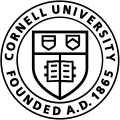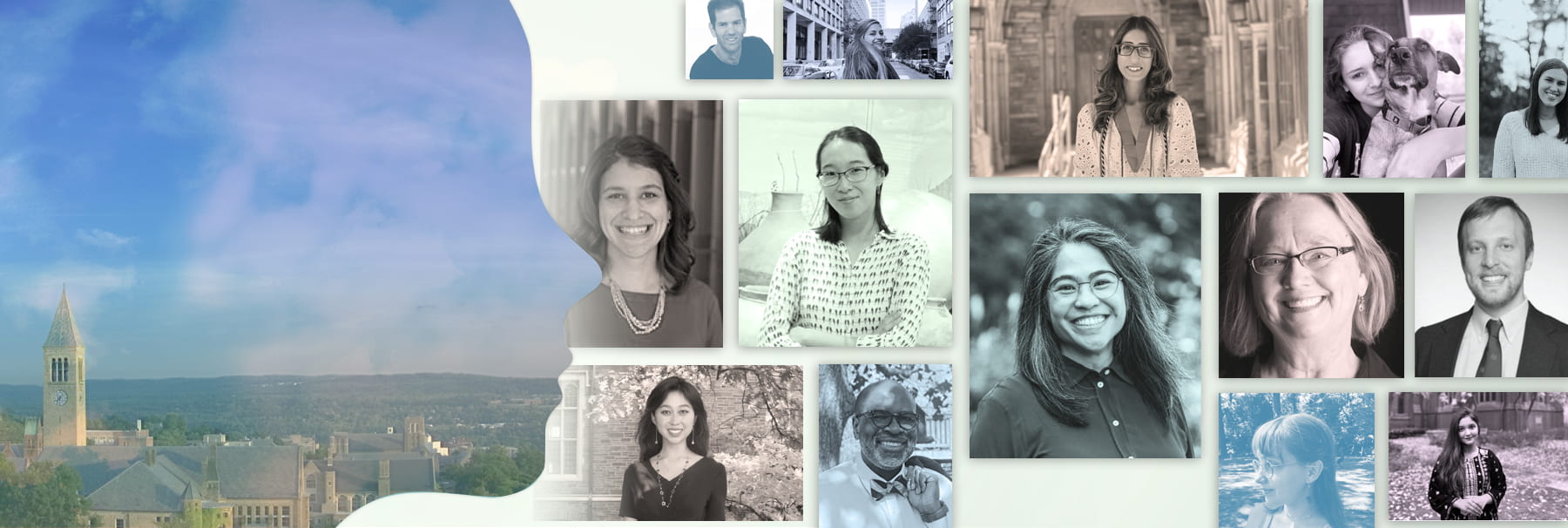
About the Project
This project was envisioned during the fall of 2020 and coordinated by staff at the Center for Teaching Innovation at Cornell. A call for proposals from the Belonging at Cornell grant program inspired us to realize our vision and provided the necessary funding to make the project happen. Many, many stories that fit our theme have already been written and continue to be written. What makes our collection special has been the spark of curiosity and commitment to social justice and change that our contributors have brought to bear. The anchoring of the project in the learning process and a healthy dose of humility in discovering what it takes to “do” public history, let alone “make institutional change happen,” has made this an innovative educational development project for our center and all of our contributors and participants.
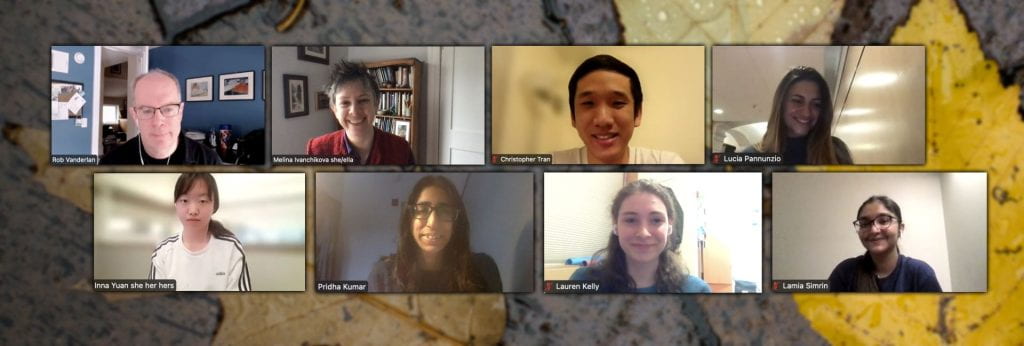
We used the award to provide mini-grants to instructors to support their participation in the project. Instructors were tasked in supporting student learning: To get to the point of submitting a story, instructors first had to develop an assignment and support students’ research skill development, including the critical thinking, analysis, interviewing, working with archival materials, finding the big idea and the thread and narrative in the sea of many possibilities, writing and revising, finding images, securing permissions, and putting it all together into a meaningful whole. Not an easy task for the teacher or for the writer!
We also supported our individual contributors by convening them and meeting with them regularly to provide feedback and suggestions and cheer them on throughout the story creation process. Our community was generous in surfacing story ideas.
Rob Vanderlan, executive director, and Melina Ivanchikova, associate director
Center for Teaching Innovation
Cornell University
Project Statements from Melina Ivanchikova and Rob Vanderlan
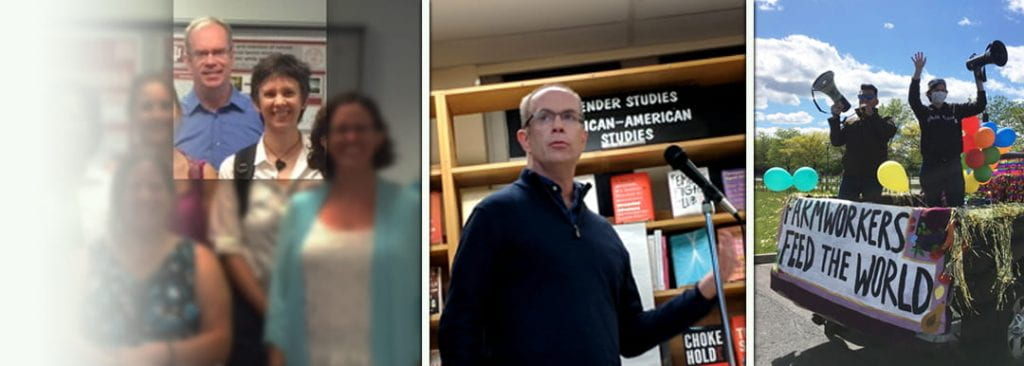
From Melina
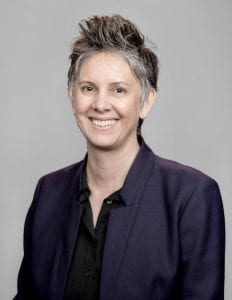
Rob and I conceived of this project in fall 2020. It was in the context that surrounded us after the murder of George Floyd in May 25 in Minneapolis by police officer Derek Chauvin, and the subsequent global street movement for Black lives protesting police brutality and racism; the increasingly tense political scene; and we were also in the midst of the global Coronavirus pandemic and teaching, learning, and working remotely. This project emerged for me out of an impulse to anchor myself in stories, ever a place of refuge, human connection, and where I can find belonging. I wanted to hear stories of resistance, resilience, and to learn more about how our minoritized communities changed Cornell.
My background in writing and literature prepared me for the messy creative process of helping to support others in their story creation and development, but to better prepare for the particulars, I enrolled in Dr. Stephen Vider’s Monuments, Museums, and Memory: An Introduction to Public History course in Spring 2021. Through Dr. Vider’s course and his participation in our steering committee, I discovered the world of public history, of big ideas and how to express them in unique public forms, exhibits, museums, and digital exhibitions.
At Cornell, my work is focused on supporting educational development for instructors, attending to diversity and inclusion, broadly referred to as “inclusive teaching.” I saw this project as an extension of that work, even as we continue to respond to the challenges of the current moment. This project has been a unique exploration of the confluence of pedagogy, curriculum, community, transformation, and challenge, with these clear “ahas”: We continue to struggle for inclusion. We have more to learn. Our stories aren’t finished.

From Rob
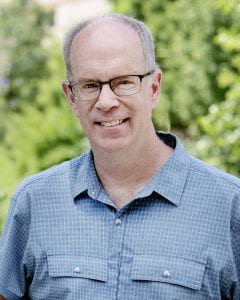
In addition to the context Melina mentions–all inescapably on our minds in 2020–I would add one more contributory factor. In March 2020, “Land Grab Universities” was published, a detailed reckoning with the ways land grant universities were funded from the expropriated lands of indigenous peoples all over North America. Cornell University received more expropriated indigenous land than any other university. How does a university properly acknowledge that legacy? Certainly land acknowledgements are not enough when the land is not the physical location of Cornell, but lands hundreds and thousands of miles away with no connection to Cornell that is easily seen or recognized.
Though the story told in Land Grab is not yet explored in this project (that work is happening elsewhere), it raised questions that helped us frame and develop this project. As a historian myself, inviting students to wrestle with historical complexity–to invite students to find their stories resonating in the stories of our past–has always been the challenge and the goal. As a first generation Cornell student, I know something about how difficult that aspiration can be when there are fewer examples of students who come from your background, your life experience.
I have been a Cornell student, visiting faculty, and now professional staff. If Cornell has had a transformative impact on my life–and it has–it is because I was able to arrive at the conviction that I belonged here. Thousands of students seek to arrive at that same conviction, and this project proceeds from the idea that actively exploring stories of exclusion and inclusion can help foster a sense that the ongoing struggle to better realize the “Any Person, Any Study” is their story too.

Grant Recipients
Instructors applied for a grant, received an award, and participated in an assignment design workshop. We are so grateful for their participation and for their students’ participation.
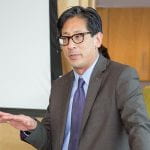
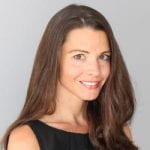

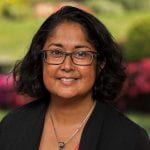

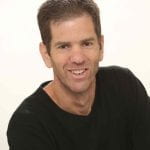

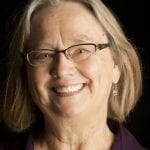
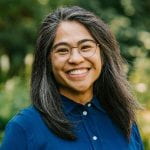
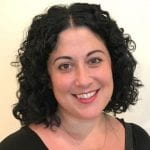
Pictured, clockwise, from top row to bottom:
- Derek Chang, associate professor, history and Asian American studies
- Brooke Duffy, associate professor, communication
- Corey Earle, visiting lecturer, American studies, Principal Gifts associate team lead
- Durba Ghosh, professor, history
- Kurt Jordan, associate professor, anthropology and American Indian and Indigenous studies
- Yarden Kedar, Israel Institute visiting faculty, psychology
- Jennifer Majka, visiting lecturer, director of Diversity and Inclusion, Charles H. Dyson School of Applied Economics and Management
- Annalisa Raymer, senior lecturer, global development; Director of Community Learning and Service Partnership (CLASP)
- Juno Salazar Parreñas, assistant professor, science & technology studies and Feminist, Gender, & Sexuality studies
- Leah Sweet, former Mellon Curatorial Coordinator for Academic Programs, Johnson Museum
Contributors
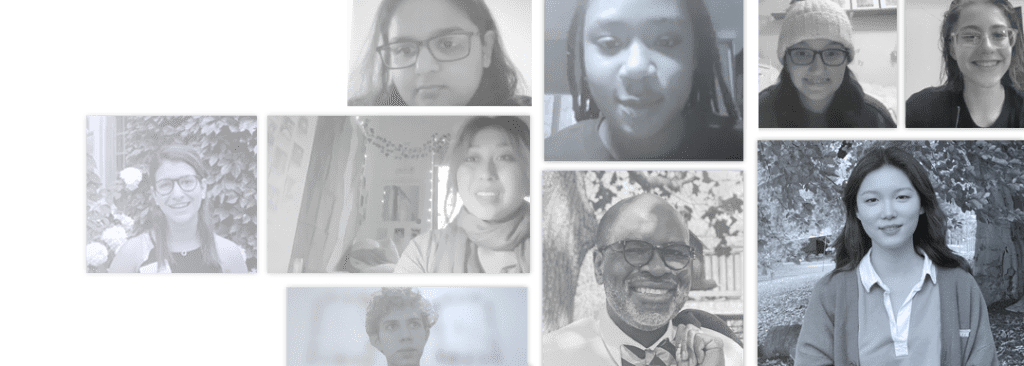
If you would like to contribute a story to this collection, please let us know by emailing us at manystories(at)cornell.edu. We hope our exhibition eventually provides enough breadth, that any person might find themselves in it.
Most of the stories for the project were created by students in response to assignments in history, human development, education, American Indian and Indigenous Studies, business, and Learning Where You Live courses. A nascent Johnson Museum intern training program participated. Feminist, Gender and Sexuality Studies is celebrating its 50th year as a program in 2022-2023, and Asian American Studies its 25th year. Faculty from both programs invited students to contribute stories to this project to mark those milestones. Alumni, staff, and other individuals have contributed stories, too.
Thank you to our contributors for your meaning-making and unique interpretations of our shared histories.

Project Design and Steering
Steering Committee
The steering committee helped to establish the vision, goals, and process. The group met at key decision points and to respond to challenges related to the project.
Derek Chang, associate professor, history
Tamar Dougherty, former associate university librarian, Cornell University Library
Durba Ghosh, professor, history
Kurt Jordan, associate professor, anthropology, director of the American Indian and Indigenous Studies Program
Joan Lubin, former director for research, education and engagement in the Rare and Distinctive Collections, Cornell University Library
Stephen Vider, assistant professor, history, director of the Public History Initiative at Cornell

Advisory Committee
This committee includes instructors, students, alumni, and staff from Cornell University, as representatives of the project’s audience. They have asked critical questions, provided ideas for stories and suggestions for dissemination, and offered important feedback at key junctures.
Kofi Acree, director for the John Henrik Clarke Africana Library and curator of Africana Collections for the Division of Rare and Manuscript Collections.
Bonna Boettcher, associate university librarian; adjunct professor
Susanne Bruyere, professor; director of the Yang-Tan Institute on Employment and Disability
Yvonne Chan ’21
Jamila Daniel, MPA ’19
Claire Deng ’22
Jean Florman ’73
Amy Godert, director of The Learning Strategies Center, executive director of Academic Student Success Programs
Sara Xayarath Hernández, associate dean for Inclusion & Student Engagement, The Graduate School
Ciarra Lee ’21
Yael Levitte, associate vice provost for faculty development and diversity
Dustin Liu ’19
Nicole Milano, head of the Medical Center Archives, NewYork-Presbyterian/Weill Cornell Medicine
Aravind Natarajan, PhD ’19
Rachel Riedl, professor, director of the Mario Einaudi Center for International Studies
Ana Ruival ’22
Erin Sember-Chase, DEI learning consultant, department of Inclusion and Belonging
Leah Sweet, former Mellon curatorial coordinator for academic programs

Production: Center for Teaching Innovation, Cornell University
Carolyn Aslan, curation support
Chloe DeShong, project manager
Amy Cheatle, production support
Melina Ivanchikova, project co-lead
Kathleen Landy, leadership team
Sneha Mishra, project support
Benjamin Moss, curation support
Mathew L. Ouellett, former leadership team member
Serge Petchenyi, creative support
Julie Rummings, accessibility review
Diane Sempler, leadership team
Mia Spada, event support
Soontira Sutanont, designer
James Whalley, technical lead
Rob Vanderlan, project co-lead
Zelazzie Z. Zepeda ’26, special project assistant
